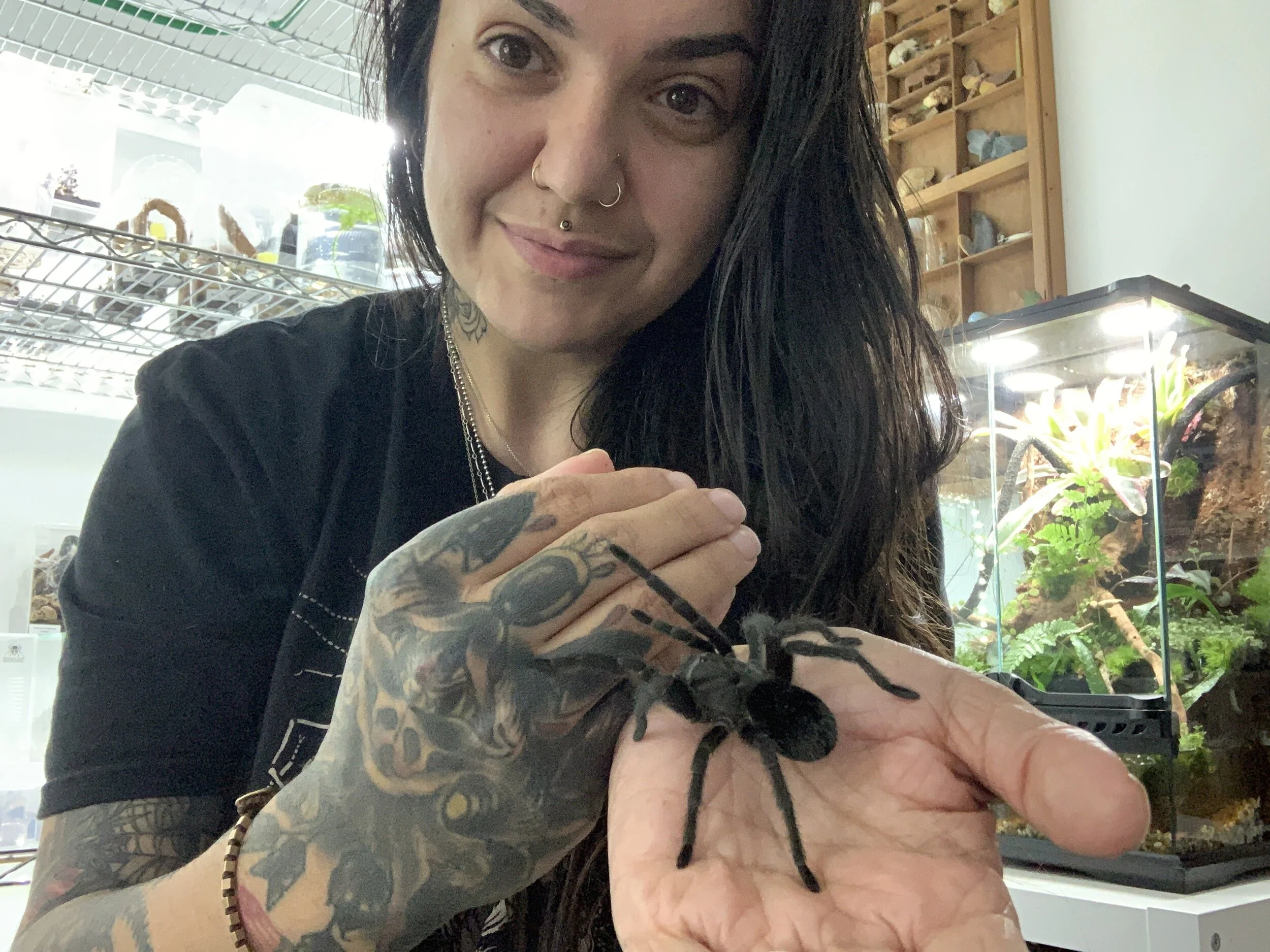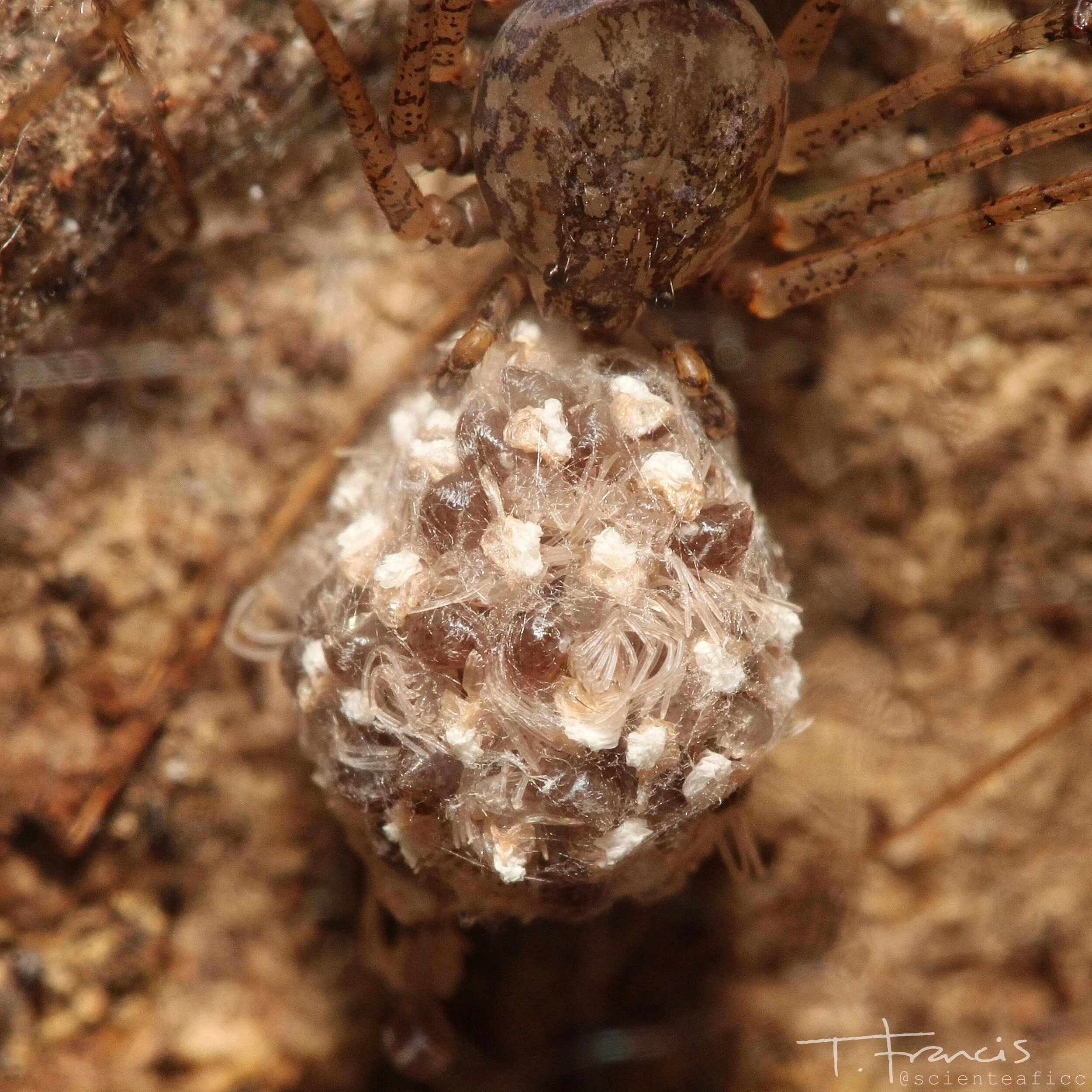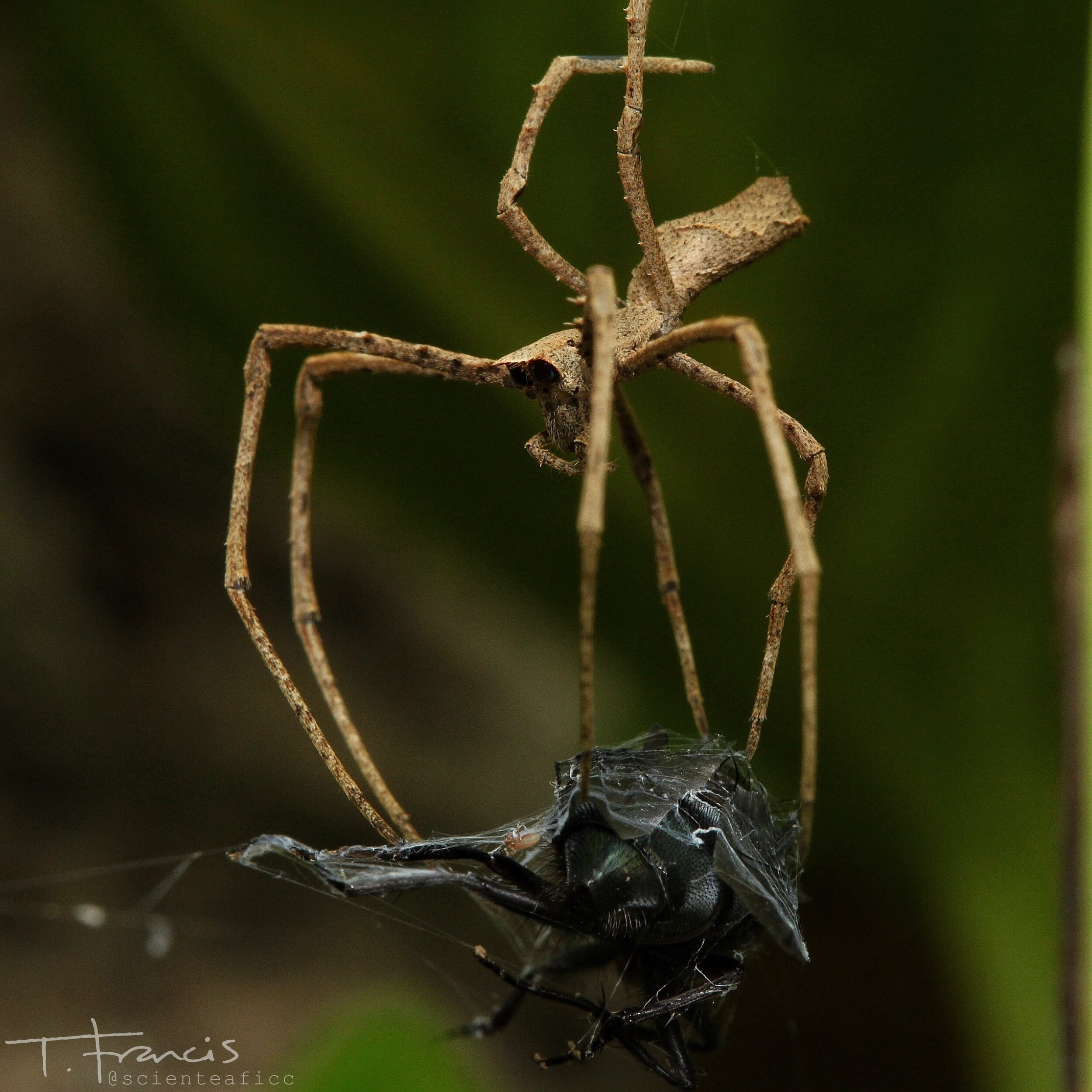Tea Francis
“I struggled immensely throughout school, college and during my bachelors degree due to unrecognised and undiagnosed ASD & ADHD. Typically, I was labelled disruptive and distracted/distracting and was a constant source of frustration for my teachers and parents who all recognised I was capable, intelligent and talented but couldn't figure out why I 'wouldn't' (couldn't) apply myself. It was only in my early 30's that I realised I was probably dealing with ADHD and so I sought assessment. It took no time at all for it to finally be recognised and diagnosed by a professional, and following the beginning of pharmaceutical treatment, other subtleties relating to my neurodivergence began to become apparent that did not quite line up with the ADHD diagnosis. About a year later, after some discussions with doctors, I had a preliminary assessment for Autism and was deemed by a psychiatrist to indeed be on the spectrum and am currently on a 2-3 year waiting list for formal assessment to decide exactly where I fall on said spectrum. The reason I've dived straight in with diagnostics here is because it has completely altered the course of my life, for the better.
I graduated from university with a BSC(Hons) in Animal Biology & Ecology back in 2009. What should have felt like an achievement instead felt hollow and, dare I say, disappointing to me. I felt that the result I graduated with was not representative of the work I had put in, nor of my ability and understanding of the subject matter I had spent 3 years studying. I felt deflated and defeated and faced the harsh realisation that maybe the future I had envisioned for myself in academia and science was just not for me. I felt like I wasn't cut out for it at all, and so I turned my attention to a career as a self-employed artist. I worked for the next decade as a freelance illustrator and eventually became a tattoo artist and, frankly, hated it. I had adopted this persona of the artist that I thought others wanted me to be in the field I was working in and every day felt like an exercise in forcing myself to fit in but never quite managing it. It felt fake and it didn't feel like home at all. And so, when I received my diagnoses, all of a sudden, everything became crystal clear. My experiences throughout school, college and university were so textbook, it was both a huge relief to realise that I wasn't fundamentally flawed, and also bitterly frustrating that I had gone through and done so much, by myself, completely unaided. Not only that, it also became very apparent to me that I had spent the last 10 years of my life focusing on completely the wrong thing and that time could have been spent getting help and working towards the future I want.... a future in STEM. I think the loss of a whole decade is what cut the deepest. I truly didn't believe that there was room for someone like me in academia until I got my diagnoses. Now I know exactly what I need in terms of support and I know it is available. I know my strengths and my weaknesses and how to work with them. Of course, I'm still finding my feet, learning, and recognising the areas that need work, but the most important thing is the awareness & sense of self that I now have.
I have thrown myself head first into preparing a bulletproof application to do my MSc and am spending every waking hour working on something related, whether it be spider related SciComm/outreach via my Patreon page and social media, photographing arachnids up close, working on projects for a couple of notable arachnological societies on a voluntary basis, fundraising to accompany a spider lab on a research trip to Ecuador in 2021 as a research assistant, contributing my expertise as an arachnologist-in-training to other scientists studying organisms other than arachnids and their interactions with spiders, creating scientific/natural history illustrations and writing about spiders for various online and print publications. I have been interviewed for podcasts, blogs and magazines to talk about my passion for and work with arachnids & I relish any opportunity to educate people about the diversity, fascinating behaviour and extreme importance of arachnids and also, what it means to be neurodivergent in STEM. It is so important to normalise and encourage neurodiversity in the fields within STEM as, in my humble opinion, when understood and nurtured, neurodiversity is a gift that enables an entirely different perspective and approach to problem solving and research. Personally, I feel unstoppable since I learned more about what makes me 'me', and for the first time in my life, I feel excited and positive about my future and like I've finally, at the age of 36, found my path!“
Instagram: @scienteaficc
Twitter: @tea_francis
Patreon: www.patreon.com/scienteafic







